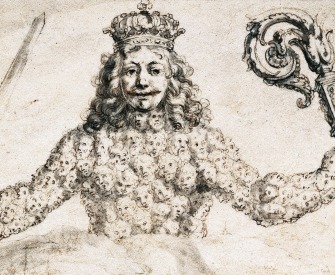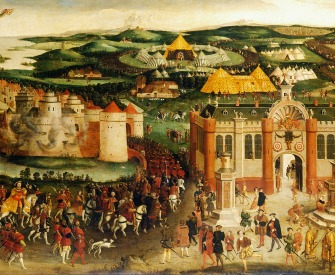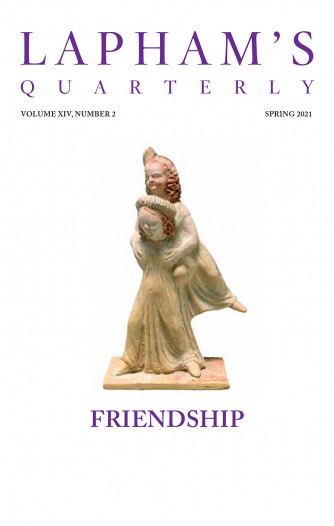By the end of April there was great distress in Sicily for lack of water. The drought had lasted six months. Every day the sun rose and set in a sky of cloudless blue.
The gardens of the Conca d’Oro, which surround Palermo with a magnificent belt of verdure, were withering. Food was becoming scarce. The people were in great alarm. All the most approved methods of procuring rain had been tried without effect. Men, women, and children, telling their beads, had lain whole nights before the holy images. Consecrated candles had burned day and night in the churches. Palm branches, blessed on Palm Sunday, had been hung on the trees. At Salaparuta, in accordance with a very old custom, the dust swept from the churches on Palm Sunday had been spread on the fields. In ordinary years these holy sweepings preserve the crops; but that year, if you will believe me, they had no effect whatever. At Nicosia the inhabitants, bareheaded and barefoot, carried the crucifixes through all the wards of the town and scourged each other with iron whips. It was all in vain. Even the great Saint Francis of Paola himself, who annually performs the miracle of rain and is carried every spring through the market gardens, either could not or would not help. Masses, vespers, concerts, illuminations, fireworks—nothing could move him. At last the peasants began to lose patience. Most of the saints were banished. At Palermo they dumped Saint Joseph in a garden to see the state of things for himself, and they swore to leave him there in the sun till rain fell. Other saints were turned, like naughty children, with their faces to the wall. Others again, stripped of their beautiful robes, were exiled far from their parishes, threatened, grossly insulted, ducked in horse ponds. At Licata the patron saint, Saint Angelo, was left without any garments at all; he was reviled, he was put in irons, he was threatened with drowning or hanging. “Rain or the rope!” roared the angry people at him, as they shook their fists in his face.
An anthropologist and a historian of religion, James G. Frazer was born in preindustrial Glasgow, the son of a successful pharmacist. He entered the University of Glasgow at age fifteen and matriculated at Trinity College, Cambridge, in 1874 for a second baccalaureate. Influential in the development of the modern studies of mythology and comparative religion, Frazer wrote to the publisher George Macmillan in 1889 offering him a manuscript on magic, folklore, and religion in the ancient world. The result was the book he is best known for, The Golden Bough, originally published in two volumes in 1890.
Back to Issue



